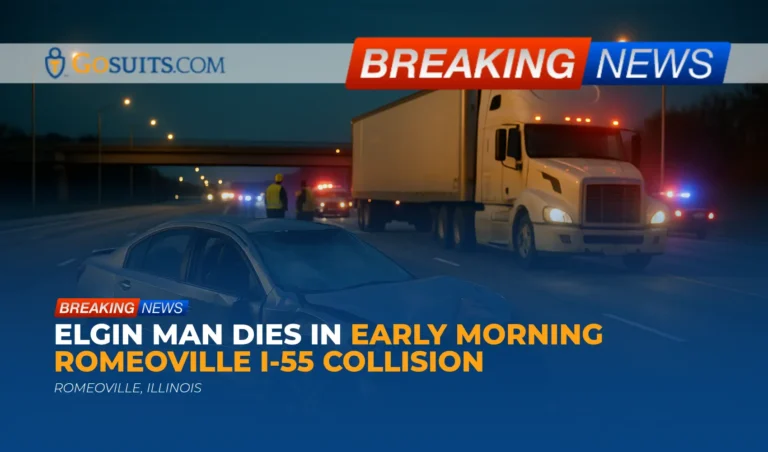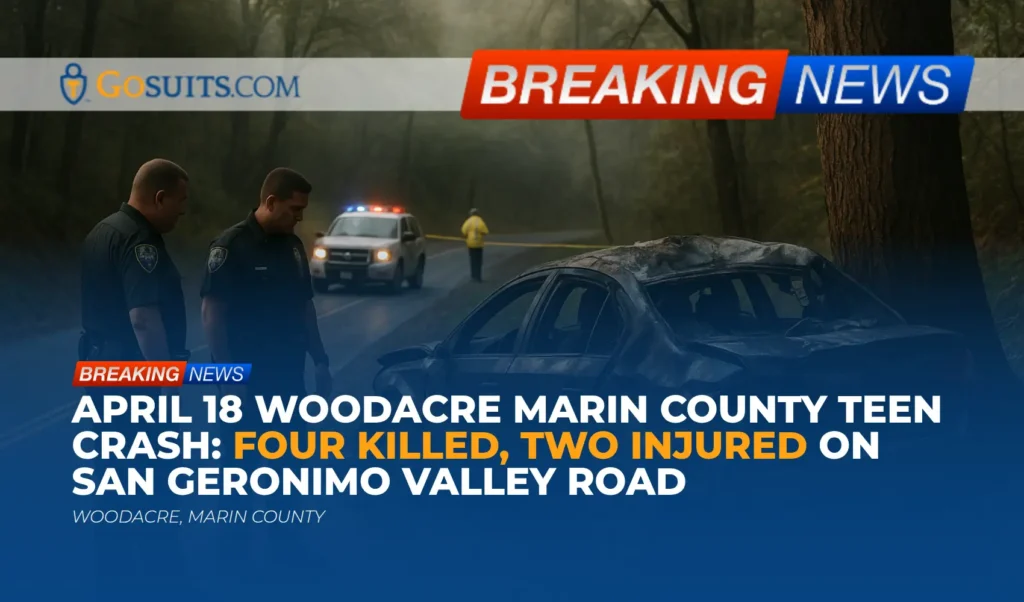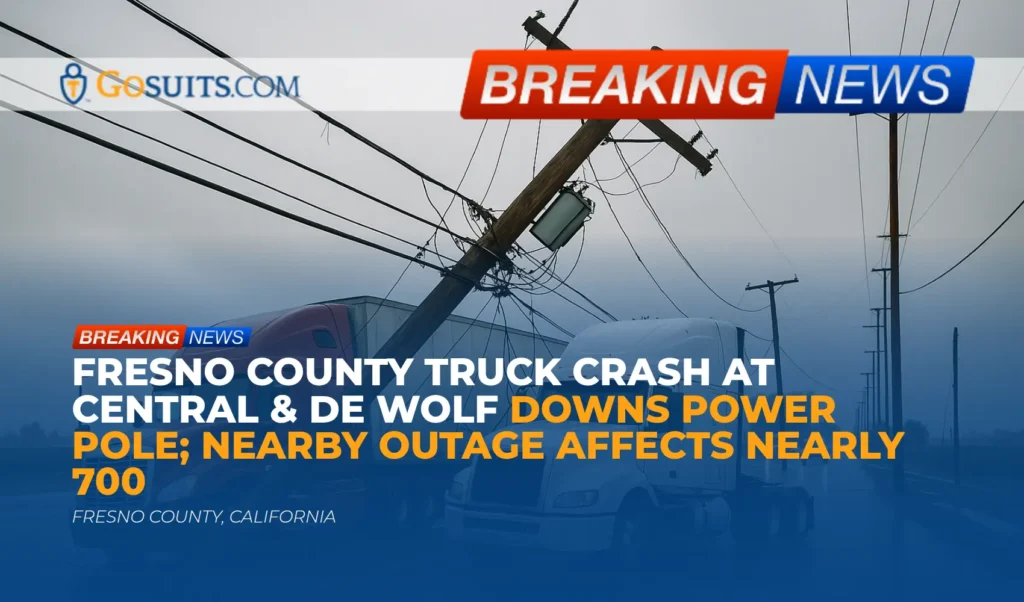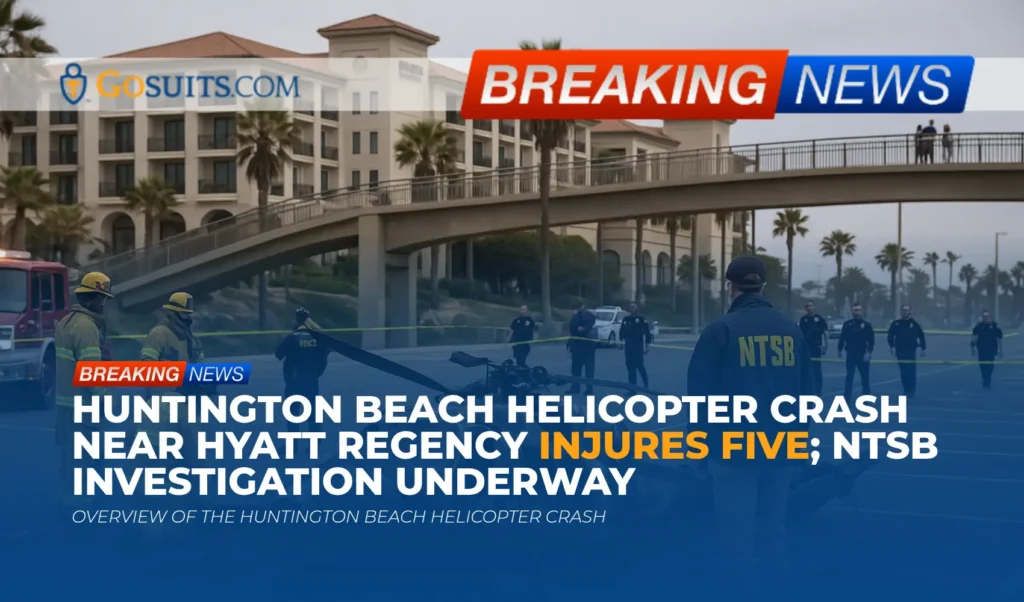A tragic collision on Interstate 55 near Romeoville early Sunday morning resulted in the death of a 22-year-old man from Elgin. The incident, which occurred in the southbound lanes near Weber Road, caused significant traffic disruptions and is currently under investigation by Illinois State Police.
According to reports, the collision involved a commercial vehicle and a passenger vehicle. Emergency responders transported two individuals to a nearby hospital for treatment. Sadly, one of the injured, identified as Derek R. Hernandez, was later pronounced dead.
The accident shut down the southbound lanes of I-55 for several hours, causing considerable delays for commuters. The scene was finally cleared around 8:15 a.m. as authorities conducted their investigation.
Understanding the Aftermath of a Traffic Accident
Traffic accidents, especially those involving commercial vehicles, can have devastating consequences. The aftermath often involves complex legal and insurance issues, making it crucial for those affected to understand their rights and options.
Investigating the Cause
Determining the cause of the accident is paramount. Law enforcement agencies, like the Illinois State Police in this case, conduct thorough investigations to identify factors contributing to the collision. These factors may include:
- Driver Negligence: This can encompass a range of actions, such as distracted driving (texting, using a phone), speeding, driving under the influence, or failure to obey traffic laws.
- Vehicle Malfunction: Mechanical defects in either the commercial vehicle or the passenger vehicle could play a role. This could include brake failure, tire blowouts, or steering issues.
- Road Conditions: Poor road maintenance, inadequate lighting, or hazardous weather conditions can also contribute to accidents.
- Driver Fatigue: Commercial vehicle drivers, in particular, are subject to regulations regarding hours of service to prevent fatigue-related accidents.
Potential Liability
Depending on the findings of the investigation, various parties may be held liable for the accident. This could include:
- The at-fault driver: If driver negligence is determined to be a contributing factor, the driver could be held liable.
- The trucking company: In cases involving commercial vehicles, the trucking company may be held liable for the actions of its driver, particularly if they failed to adequately train or supervise the driver.
- Vehicle manufacturers: If a vehicle defect contributed to the accident, the manufacturer could be held liable.
- Government entities: If poor road conditions played a role, the government entity responsible for maintaining the road may be held liable.

Seeking Compensation
Individuals injured in a traffic accident, or the families of those who have died, may be entitled to compensation for their losses. This compensation may include:
- Medical expenses: This covers the cost of medical treatment, including hospital stays, doctor visits, physical therapy, and medication.
- Lost wages: This compensates for income lost as a result of the injury.
- Property damage: This covers the cost of repairing or replacing damaged vehicles or other property.
- Pain and suffering: This compensates for the physical and emotional pain and suffering caused by the accident.
- Wrongful death: In cases where the accident results in death, the family of the deceased may be entitled to compensation for their losses, including funeral expenses, loss of support, and loss of companionship.
The Importance of Seeking Guidance
Navigating the legal and insurance complexities following a traffic accident can be overwhelming. It’s often beneficial to seek guidance from seasoned legal professionals who can:
- Evaluate the Case: Attorneys can assess the facts of the accident, determine potential liability, and estimate the value of the claim.
- Negotiate with Insurance Companies: Insurance companies often attempt to minimize payouts. Experienced attorneys can advocate on behalf of their clients to ensure they receive fair compensation.
- Represent in Court: If a fair settlement cannot be reached, attorneys can represent their clients in court.
Understanding the Role of Commercial Vehicle Regulations
Commercial vehicles, due to their size and weight, pose a greater risk in accidents. Consequently, they are subject to strict regulations designed to promote safety. These regulations, overseen by agencies like the Federal Motor Carrier Safety Administration (FMCSA), cover various aspects of commercial vehicle operation, including:
- Driver qualifications: Regulations set standards for driver training, licensing, and medical fitness.
- Hours of service: These rules limit the number of hours drivers can work to prevent fatigue.
- Vehicle maintenance: Commercial vehicles must undergo regular inspections and maintenance to ensure they are safe to operate.
- Cargo securement: Regulations dictate how cargo must be secured to prevent shifting or falling off the vehicle.
A violation of these regulations can be a significant factor in determining liability in an accident involving a commercial vehicle.

Commentary from Gosuits Romeoville, Illinois Personal Injury Attorney
This unfortunate incident near Romeoville serves as a stark reminder of the potential dangers on our roadways. Following a collision, particularly one involving a commercial vehicle, it’s crucial to understand your rights and the steps you can take to protect them. While this article provides general information, each accident is unique and requires careful evaluation. Individuals impacted by such events should consider seeking guidance from a skilled attorney to understand their options and navigate the complex legal landscape.






